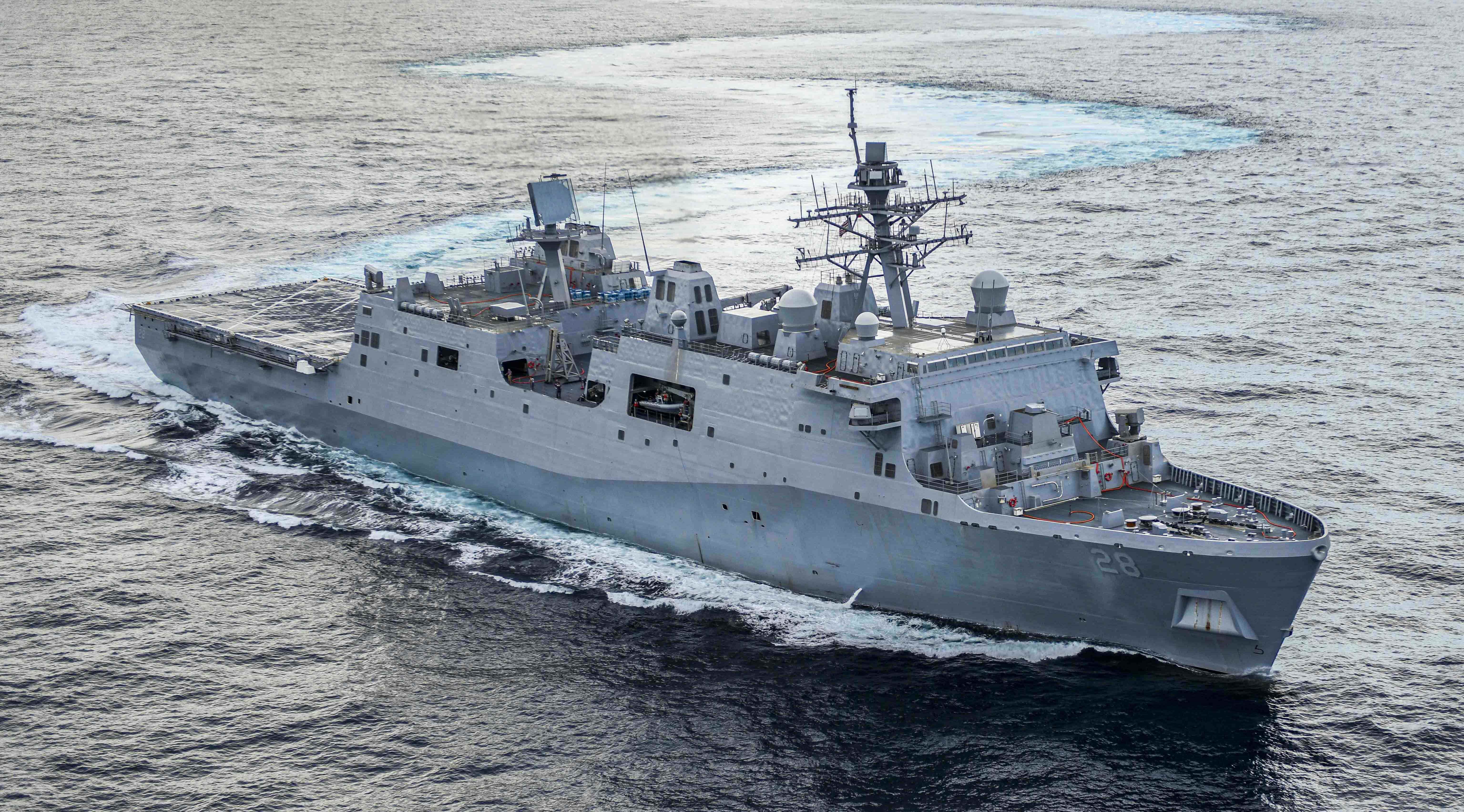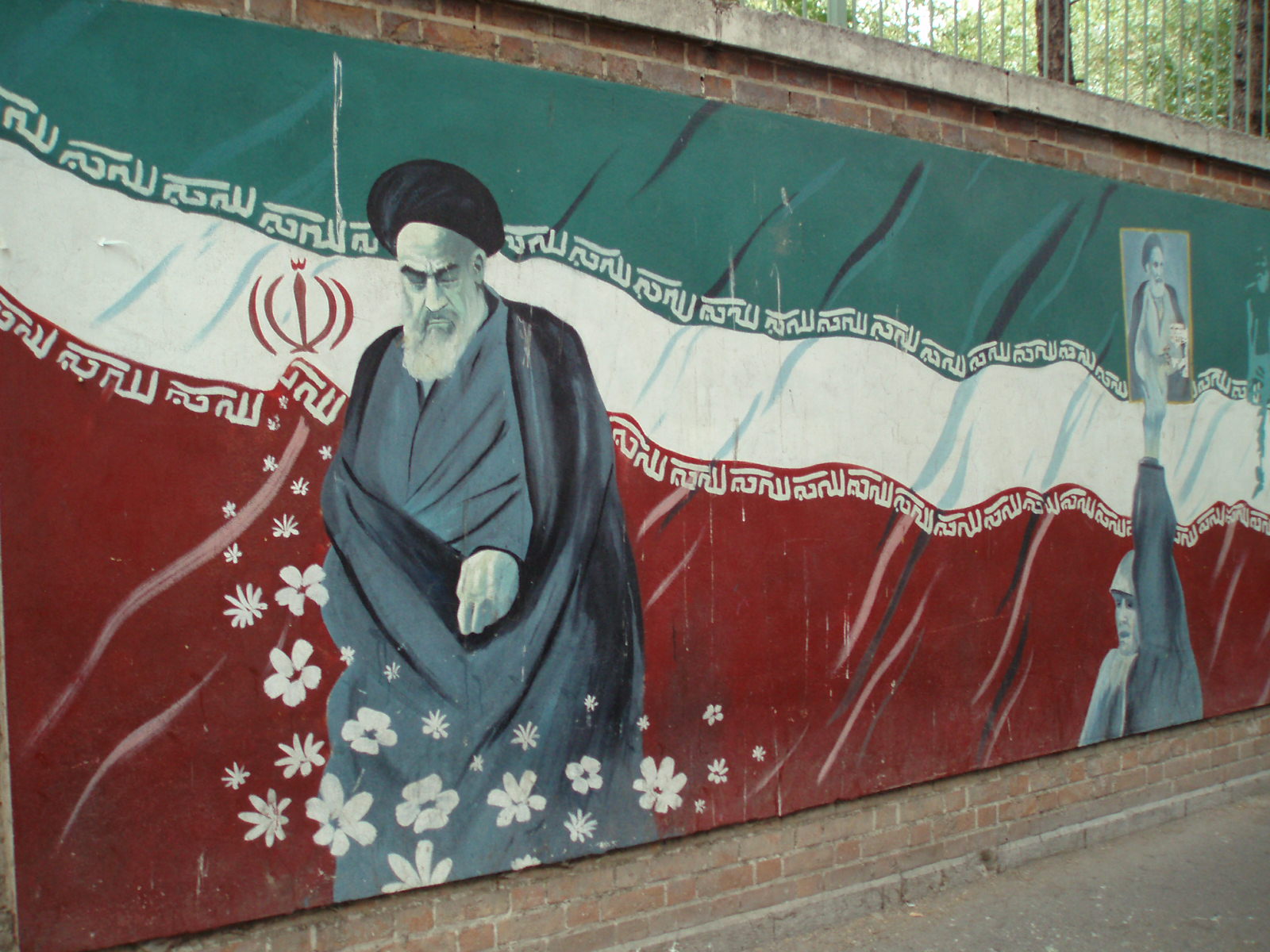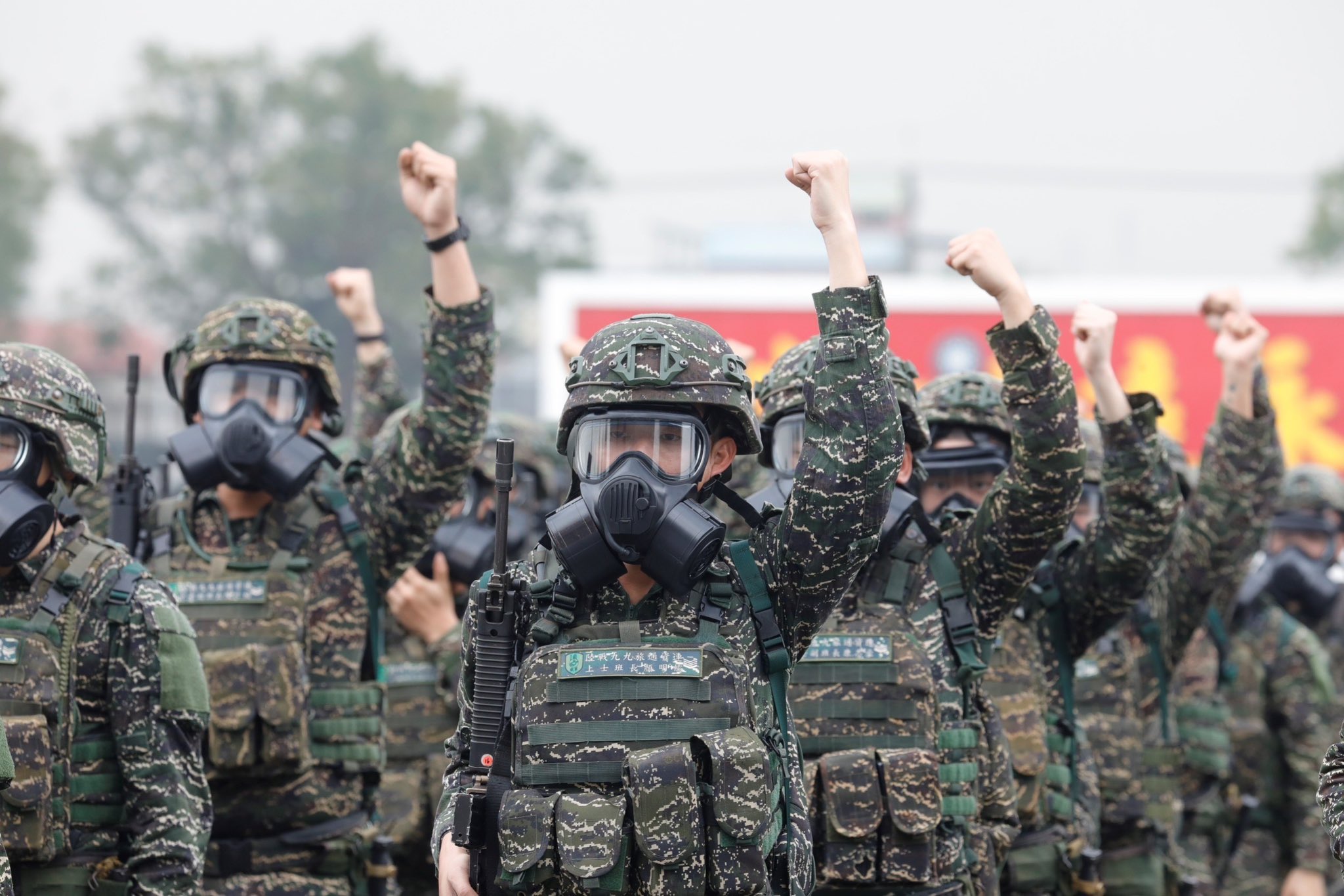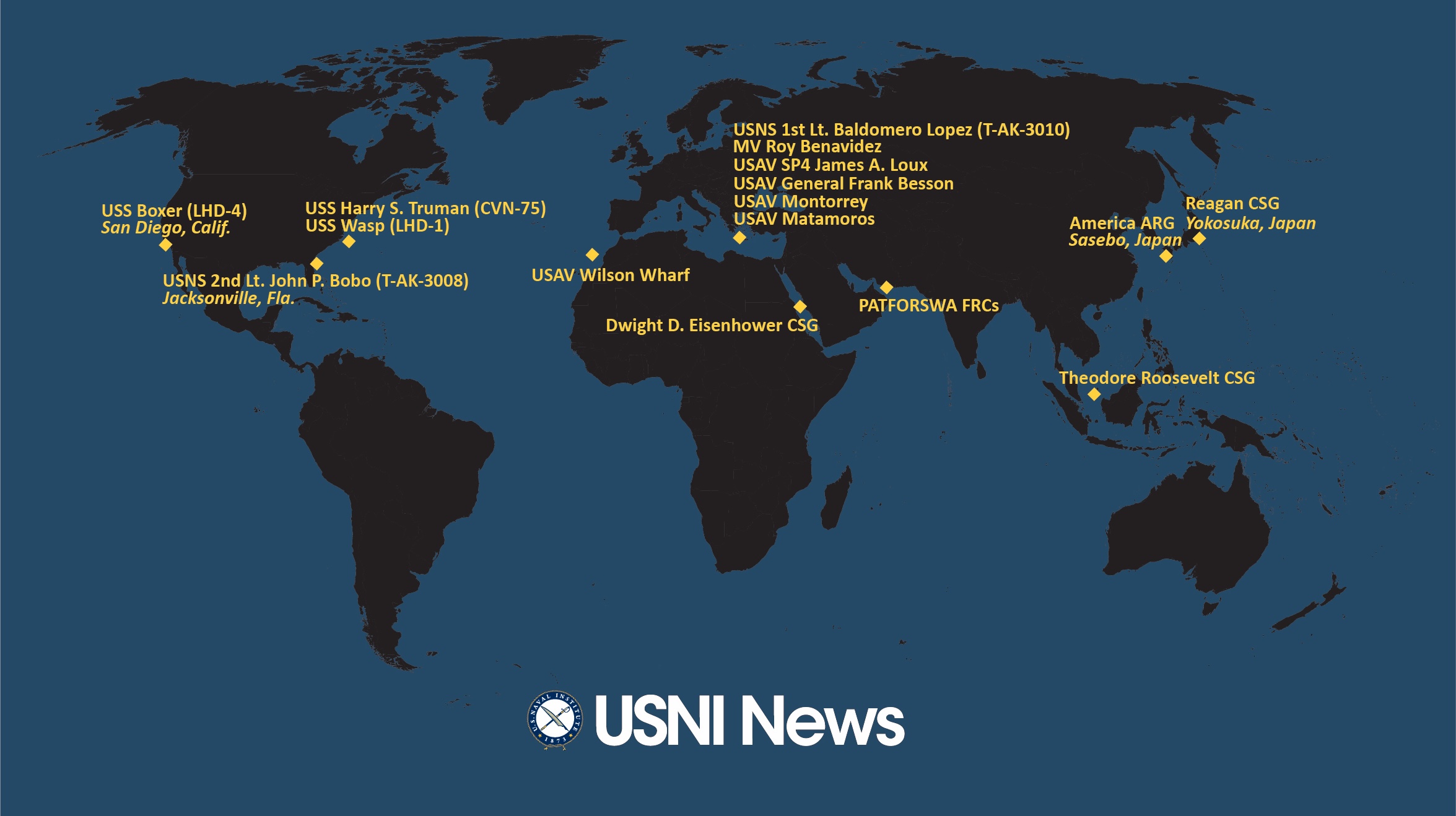The following is the April. 23, 2020 Congressional Research Service report, Iran Sanctions.
From the report
Successive Administrations and Congresses have used economic sanctions to try to change Iran’s behavior. U.S. sanctions on Iran—primarily “secondary sanctions” on firms that conduct certain transactions with Iran—have adversely affected Iran’s economy but have arguably not, to date, altered Iran’s pursuit of core strategic objectives including its support for regional armed factions and its development of missiles.
Sanctions did contribute to Iran’s decision to enter into a 2015 agreement that put limits on its nuclear program—the Joint Comprehensive Plan of Action (JCPOA). During 2011-2015, in implementation of deliberate U.S. policy, global economic sanctions contributed to the shrinking of Iran’s economy as its crude oil exports fell by more than 50% and it could not access its foreign exchange assets abroad. Upon Iran’s implementation of nuclear program restrictions stipulated by the JCPOA, the Obama Administration eased the relevant sanctions and U.N. and European Union sanctions were lifted as well. Remaining in place were U.S. sanctions on direct trade with Iran and on Iran’s support for regional armed factions, its human rights abuses, and on its efforts to acquire missile and advanced conventional weapons technology. U.N. Security Council Resolution 2231, which endorsed the JCPOA, kept in place an existing ban on its importation or exportation of arms (which expired on October 18, 2020) and a nonbinding restriction on Iran’s development of nuclear-capable ballistic missiles (until October 18, 2023). The sanctions relief enabled Iran’s economy to return to growth and allowed Iran to order some new passenger aircraft.
On May 8, 2018, President Trump ended U.S. participation in the JCPOA and reimposed all secondary sanctions by November 6, 2018. The reimposed sanctions, and additional sanctions imposed subsequently, were at the core of Trump Administration policy to apply “maximum pressure” on Iran, with the stated purpose of compelling Iran to negotiate a revised JCPOA that takes into account U.S. concerns beyond Iran’s nuclear program. The policy caused Iran’s economy to fall into significant recession as a result, in part, of reduced sales of oil and isolation from the international financial system. The Trump Administration also sanctioned several senior Iranian officials as well as figures in regional pro-Iranian factions and militias. Yet, Iran continued to develop its missile capabilities and to provide arms and support to a broad array of armed factions operating throughout the region, while refusing to begin talks with the United States on a more expansive, revised JCPOA. The European Union and other countries have sought, unsuccessfully, to keep the economic benefits of the JCPOA flowing to Iran in order to persuade Iran to remain in the nuclear accord. Since mid-2019, Iran has responded to the increasing sanctions by decreasing its compliance with the nuclear commitments of the JCPOA and by conducting provocations in the Persian Gulf and in Iraq.
Since taking office, President Joseph Biden has sought to implement a stated intent to rejoin the JCPOA, including welcoming talks with Iran toward that end. Administration officials have acknowledged that a U.S. return to the agreement would entail an easing of the stipulated U.S. economic sanctions.
Download the document here.





